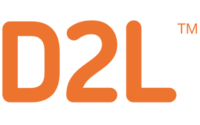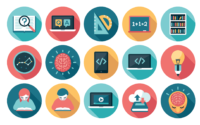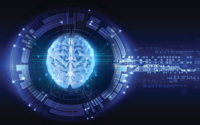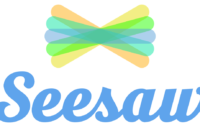
New Elsevier AI Lab in Amsterdam underscores impact of academic-industry collaborations to strengthen The Netherlands’ global position in AI
Amsterdam, October 19, 2018- In an exciting joining of forces between science and business, the Innovation Center for Artificial Intelligence (ICAI) and information analytics business Elsevier announce the opening of the Elsevier AI Lab. The lab, situated on ICAI’s grounds in the Science Park in Amsterdam, will help further establish the Amsterdam region as a […]















